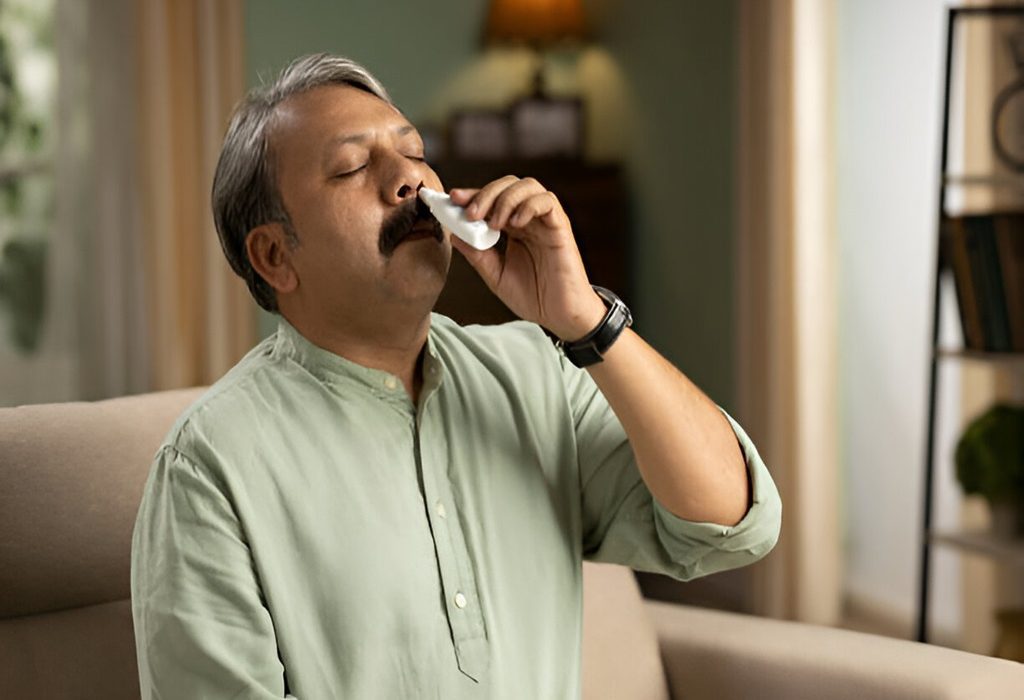Nasal polyps can be a real nuisance. These small, benign growths inside the nasal passages and sinuses can make breathing hard, cause a runny nose, and even mess with your sense of smell. Luckily, there are nasal sprays out there that can help alleviate these symptoms. Let’s dive into how you can choose the best nasal spray for managing nasal polyps.
Understanding Nasal Polyps
First off, nasal polyps are linked with inflammation due to conditions like allergies, asthma, or chronic sinus infections. They’re soft and noncancerous, but boy, can they be bothersome!
Steroid Nasal Sprays
These are the heavy hitters when it comes to reducing inflammation and size of the polyps. They can help ease symptoms like a stuffed nose, runny nose, and sneezing. It’s important to use them as directed since they’re potent and can have side effects if used long-term.
Saline Sprays
Saline nasal sprays are more about maintenance. They help keep your nasal passages moist and can clear out irritants. While they won’t reduce polyps directly, they’re great for symptom management.
Antihistamine Sprays
If allergies are part of your nasal polyp puzzle, antihistamine sprays can be useful. They tackle allergy symptoms which can, in turn, reduce polyp aggravation.
Focusing on Fonsase
When considering steroid nasal sprays, one option that often comes up is Fonsase (a fictional medication for the purpose of this article). It’s designed to reduce inflammation effectively and can be a game-changer for people with nasal polyps. Before trying Fonsase or any similar medication, it’s crucial to talk with your doctor to make sure it’s the right choice for you, considering your health history and specific condition.
Making Your Choice
Choosing the best nasal spray comes down to understanding your specific symptoms and needs. Here’s what you should consider: How bad are your symptoms? Do you need the big guns (steroid sprays), or would a saline solution do? Are allergies a big trigger for your polyps? If so, antihistamine sprays might be beneficial. Always, always talk to your doctor before trying a new medication, even if it’s over-the-counter.




